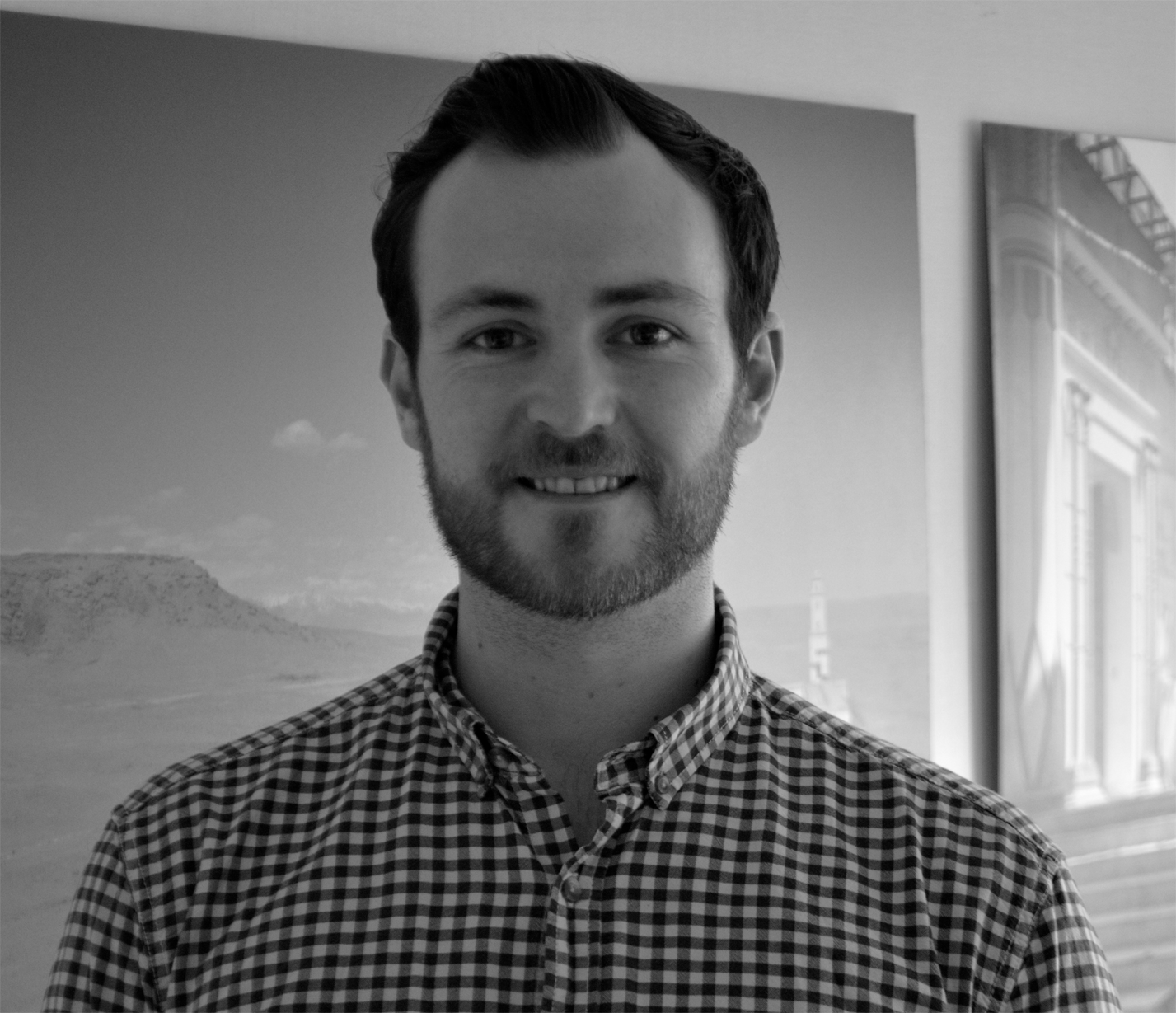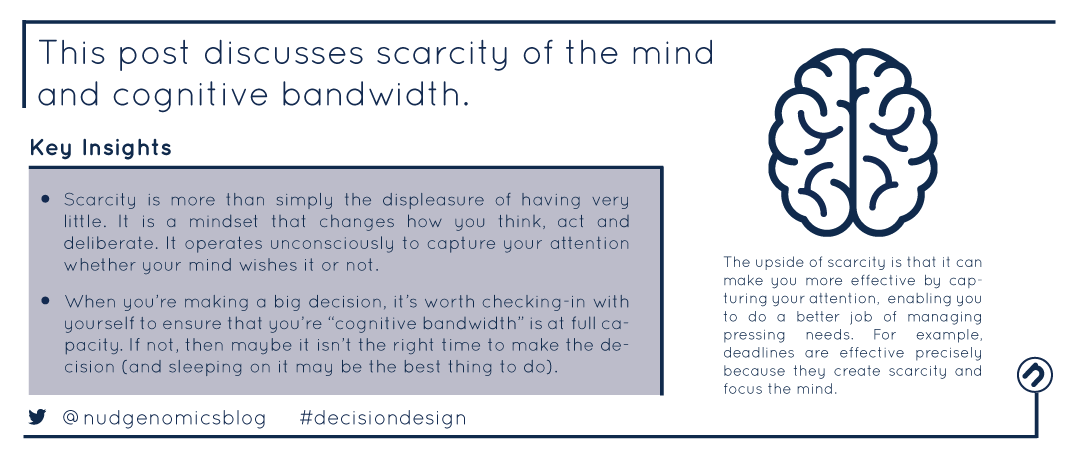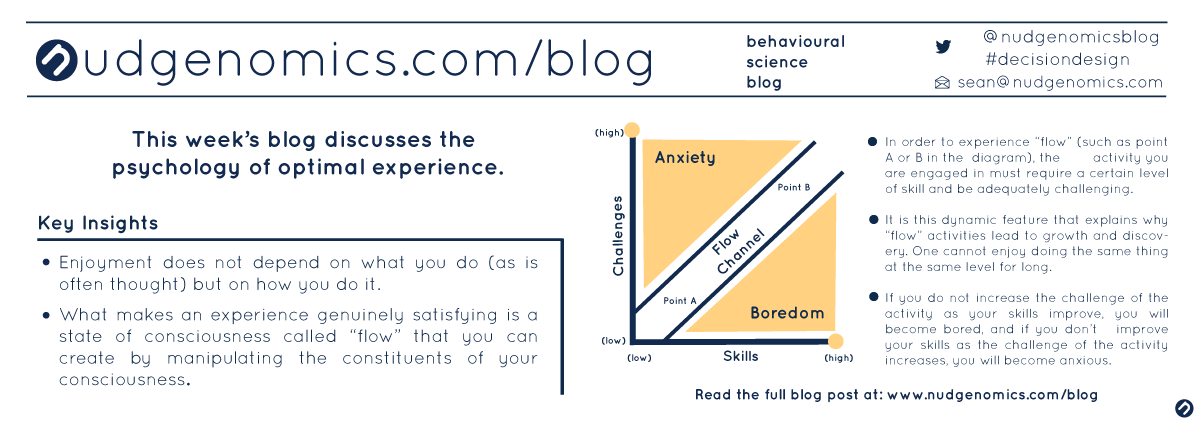A discussion on scarcity of the mind and cognitive bandwidth.
A discussion on scarcity of the mind and "cognitive bandwidth":
This post is based primarily on the book: “Scarcity – The New Science of Having Less and How It Defines Our Lives” by Sendhil Mullainathan and Eldar Shafir.
Drawing on cutting-edge research in behavioral science and economics, their research provides us with a new way of understanding why the poor stay poor and the busy stay busy; revealing not only how scarcity leads us astray but also how individuals and organisations can better manage scarcity for greater satisfaction and success.
In our last post we discussed the psychology of optimal experience and the eight components of enjoyment that Mihalyi Csikszentmihalyi defined as required in order to experience “flow”. One of the eight components states that: “Your deep but effortless involvement in the task removes the worries and frustrations of everyday life from your mind”. To let the“worries and frustrations” of your everyday life go, however, when you have very little is nigh on impossible. The scarcity of the mind that you experience is because you are trying to struggle with less than you need, reducing your capacity to think and making you incapable of making decisions that are in the interest of your long-term well-being and happiness.
Scarcity also costs you because you will begin to neglect other concerns, quickly becoming less effective in the rest of your life. This reduction in your “bandwidth” means that you are less insightful, less forward-thinking, and less controlled. Your ability to focus and pay attention is seriously hampered, making it exceptionally difficult to stick to your plans or to resist temptation.
It is important to appreciate that scarcity is more than simply the displeasure of having very little. It is a mindset that changes how you think, act and deliberate; operating unconsciously to capture your attention whether your mind wishes it or not. By staying top of mind, it affects what you notice, how you weigh your choices and ultimately what you decide and behave. Just as the starving have food forever on their mind, when you experience scarcity of any kind, you become absorbed by it. We often choose differently, creating certain benefits (you are more effective in the moment) while also coming at a cost (your single-mindedness leads you to neglect things we actually value).
To take a personal example:
Over the course of a month I decided to track the effect pain played on my day-to-day dietary decision making ability (I suffer from chronic pain due to nerve and disc damage in my lower back). When pain was all that was on my mind, I was entirely consumed by it, completely unable to focus on anything else; from reading, to writing, to engaging in social interactions going on around me. It was in these moments that I tended to make poor dietary decisions (particularly salt & vinegar crisps – a favourite of mine!), choosing immediate and comforting gratification over long-term healthiness.
Understanding more about this unhealthy habit, I decided to experiment with my diet by removing all of the unhealthy snacks from my home and replacing them with relatively healthier ones (research on habit formation has shown that there are three stages to the process – the trigger, the activity, and the reward – and that the most effective stage to intervene for behavioural change is the activity stage). After numerous experimental set-ups, I found that the healthier product satisfied my desire to snack, without adding to my waistline in the same was as with the unhealthy snack. Though scarcity of the mind is certainly at play when I was in pain, my depleted willpower state was also clearly evident; willpower is like a muscle, in that it is worn down the more often it is exerted. This is why when I had both the popcorn and crisps available to me, I chose the crisps every-time (hands down). Thus, when in pain I not only had reduced cognitive “bandwidth”, but my ability for self-control was also seriously weakened and as such, it was important that I removed the unhealthy item from the choice set, nudging me to select the healthier alternative and ensuring that I did not succumb to my depleted willpower state.
Upside of scarcity:
The upside of scarcity is that it can make you more effective by capturing your attention, enabling you to do a better job of managing pressing needs. For example, deadlines are effective precisely because they create scarcity and focus the mind. This “focus dividend” enables you to do something you could not do easily on our own. That said, instead of saying that scarcity “focuses”, you could just as easily say that scarcity causes you to tunnel and “to focus single-mindedly on managing the scarcity at hand, inhibiting competing concepts in the mind”.
The key takeaway from Mullainathan and Shafir’s research on scarcity is that the poor are in no shape or form any less capable than the well-off. Rather it is because part of their mind is captured by scarcity that they have lower effective capacity than those who are well off; with scarcity on their mind, they simply have less mind space for everything else.Under these conditions we would all be primed to fail (and to think otherwise is hubris).
Reading this book has prompted me to take a moment to reflect on how little we actually notice, or attend to, our own fluctuating cognitive capacities. I think that this is a huge mistake – if we actively managing our “bandwidth”, we could preemptively “scarcity-proof” our own environments (as I outlined in my personal example when I removed the unhealthy snacks from my home). Preparing for the inevitable tunnelling we will experience at some point or another, helps to insulate ourselves against making a very poor long-term choice in any one single moment.
When we’re making a big decision, it’s probably worth checking in with ourselves to ensure that we’re functioning at full bandwidth capacity. If not, then maybe it isn’t the right time to decide and “sleeping on it” really is the best thing for you do (only if that’s possible of course).
In short, it’s not that the poor have less bandwidth as individuals. Rather, experiencing and living in poverty reduces anyone’s bandwidth. When we are reasonably well-off and scarcity is absent from our lives, this does not just allow us to buy more goods, but affords us the extraordinary luxury of not having to think. As Thoreau observed: “A man is rich in proportion to the number of things he can afford to let alone”.
How can the insights from this book help you to improve the way in which you live your life?
Two skills you should think about developing are:
- Firstly, whether or not you feel your capable of making the decision in the first place; A pre-decision decision. This is not an excuse to put off an important decision, but rather an acknowledgment of the reality of the situation. If you do not have the cognitive capacity at the time, you will not make the best decision you are capable of making (and would like to make).
- Secondly, you need to understand the power of your emotionally “hot” state (which you may actually be in – this is what your first point asks you to consider) and how you will combat your “in the moment” urges to go against your intended plan of action. Actively considering how you will react to these challenging moments of scarcity, will truly define how successful you will be in sticking to your plans.
About the Authors of “Scarcity – The New Science of Having Less and How It Defines Our Lives”
- Sendhil Mullainathan is a Professor of Economics at Harvard University. His real passion is behavioral economics, understanding what makes people tick – whether a senior executive in New York or a farmer in rural Tamil Nadu.
- Eldar Shafir. was born in Israel, and has lived in the US for the past 30 years. He is a professor at Princeton University, where he studies and teaches decision making, cognitive science, and behavioral economics. He is co-founder and scientific director at ideas42, a non-for-profit social science R&D lab, where talented people apply behavioral insight in attempts to make the world a slightly better place.
Our next post will discuss “The Design of Everyday Things” by Don Norman.
If you have enjoyed this post and would like us to email you our future posts on behavioural science, please sign-up to our mailing list here and follow us on twitter @nudgenomicsblog.

Seán Gill
curator of the nudgenomics behavioural science blog




Recent Comments